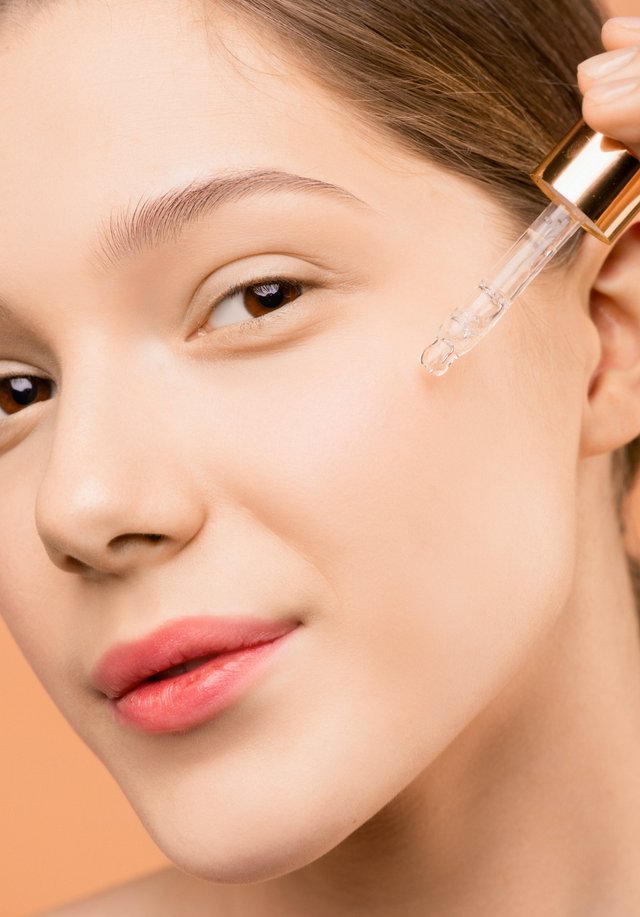Navigating Women's Health: From Reproductive Health to Menopause
Women's Health Issues

Women's health is a complex and multifaceted issue that spans across a woman's lifespan, from puberty to menopause and beyond. Reproductive health and menopause are two critical aspects of women's health that require attention and care. In this blog, we will explore some of the common issues women face related to reproductive health and menopause and provide insights into navigating these challenges.
Reproductive Health
Reproductive health encompasses a broad range of issues related to the female reproductive system, including menstrual cycles, pregnancy, and contraception. Many women experience menstrual cramps, irregular periods, or heavy bleeding during their reproductive years. These issues can impact a woman's quality of life, and it's essential to seek medical advice if you experience any significant changes in your menstrual cycle.
Contraception is another vital aspect of reproductive health. It's essential to find a contraceptive method that works for your body and lifestyle. Some of the most common options include hormonal contraceptives like birth control pills, intrauterine devices (IUDs), and condoms. These options have different side effects and risks, and it's essential to speak to your healthcare provider to find the best option for you.

Pregnancy is a significant life event that requires specialized care. Prenatal care is essential to ensure that both the mother and baby are healthy during pregnancy. Women should receive regular prenatal checkups, eat a healthy diet, and take prenatal vitamins to support the baby's growth and development.
Menopause
Menopause is a natural biological process that marks the end of a woman's reproductive years. It usually occurs between the ages of 45 and 55, and it's characterized by a decline in estrogen levels. This hormonal change can cause a range of symptoms, including hot flashes, night sweats, vaginal dryness, mood changes, and sleep disturbances.

Managing menopausal symptoms can be challenging, and women should seek support from their healthcare providers. Hormone replacement therapy (HRT) is a common treatment option that can alleviate some of the symptoms of menopause. However, HRT also has potential risks, including an increased risk of breast cancer and blood clots. It's essential to discuss the benefits and risks of HRT with your healthcare provider to determine if it's the right option for you.
In addition to medical treatments, women can also make lifestyle changes to manage menopausal symptoms. Eating a healthy diet, staying active, and getting enough sleep can help reduce symptoms and improve overall health.
Conclusion
Women's health is a critical issue that requires attention and care throughout a woman's lifespan. Reproductive health and menopause are two crucial aspects of women's health that can impact a woman's quality of life. By seeking medical advice and making lifestyle changes, women can navigate these challenges and maintain their health and well-being.